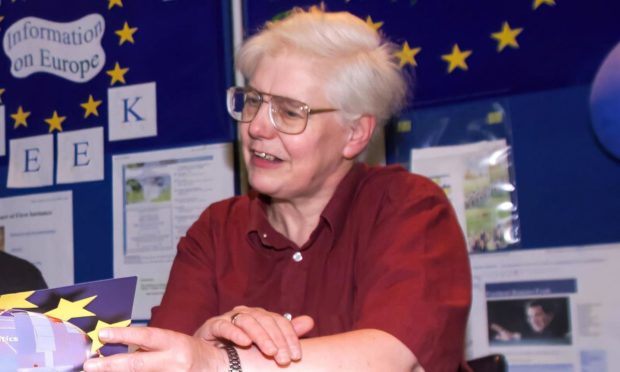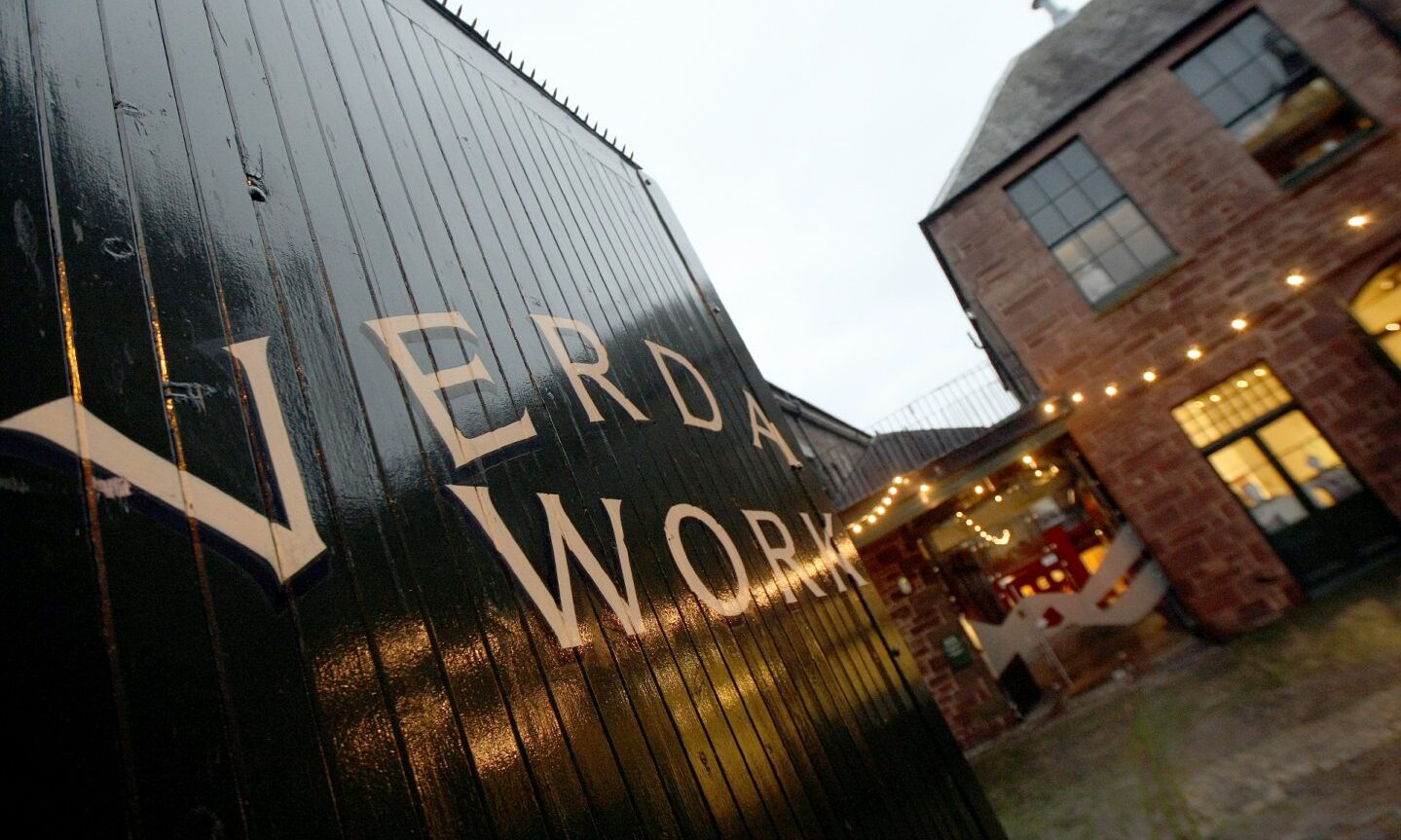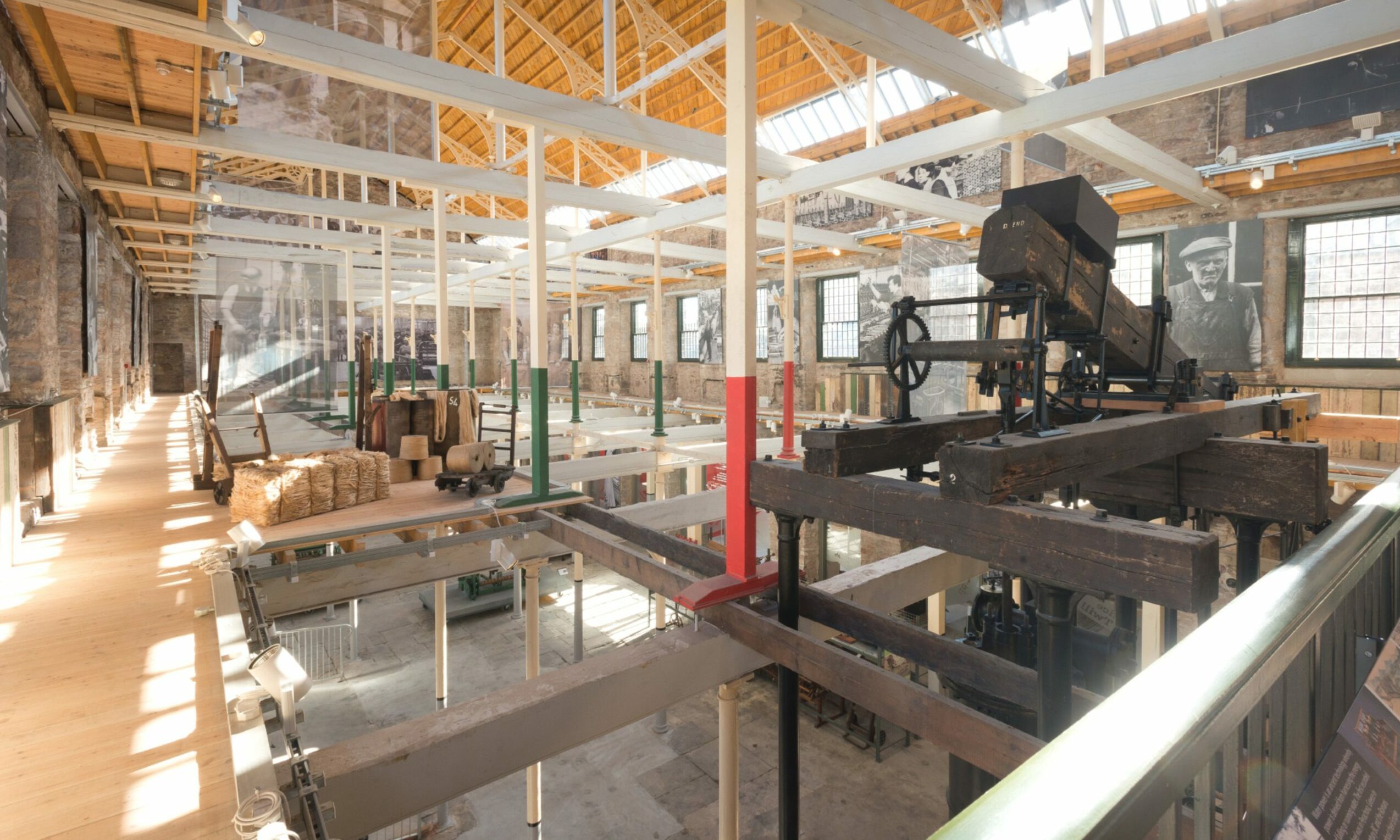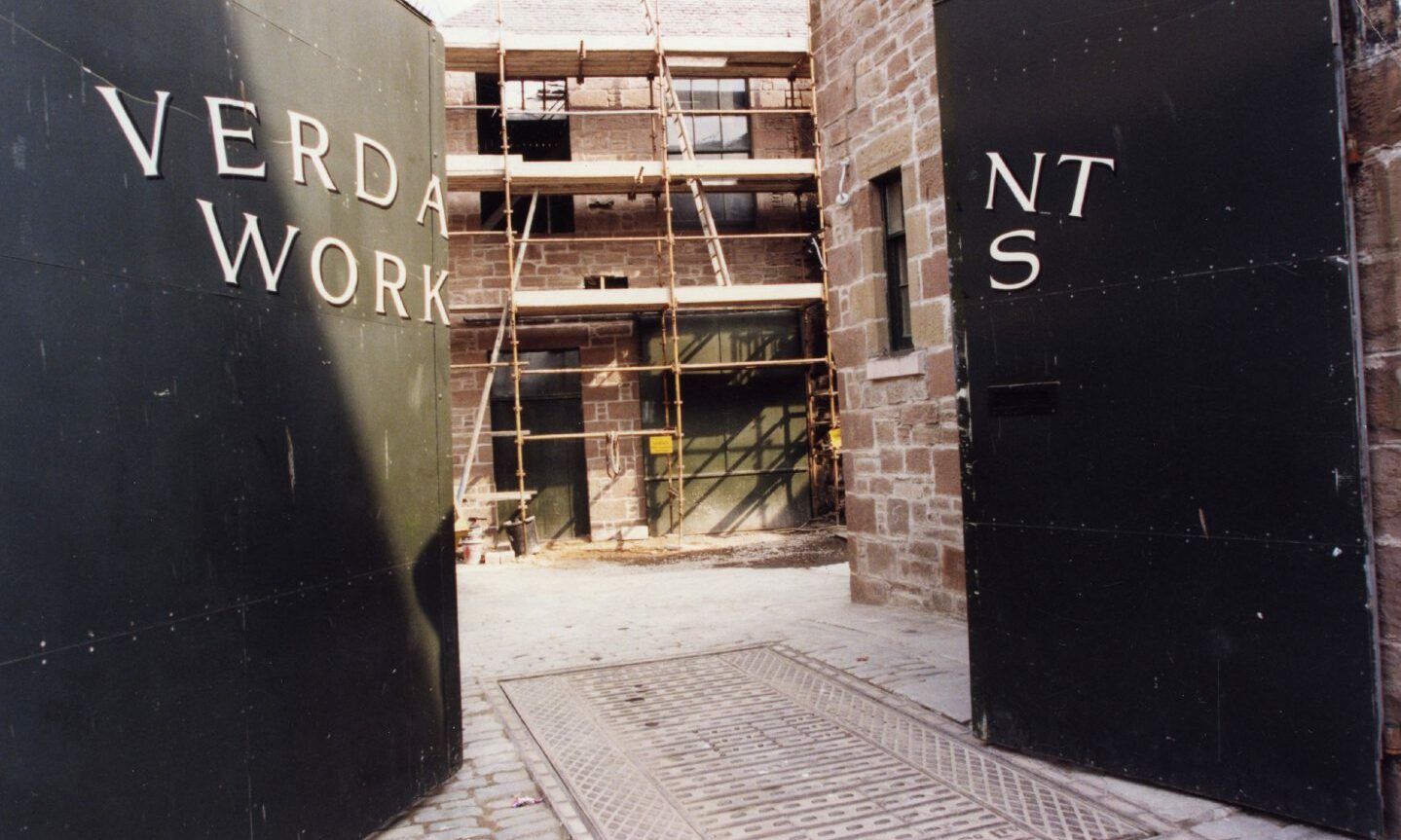Charlotte Lythe, who laid the foundations for the creation of Verdant Works, Dundee, has died aged 79, just days before the museum marked its 25th anniversary.
In the late 1970s and 1980s she was one of a group of people who saw jute manufacturing machinery being scrapped or shipped to factories in India.
They feared these machines, which had been the cornerstone of the city’s past prosperity, would be lost forever.
When the then Dundee College of Technology auctioned off its weaving teaching equipment, Charlotte and her group spent their own money buying it.
They stored it in the city and acquired additional machinery from factories, with a view to creating a museum to Dundee’s industrial past.
Charlotte went on to become a founding trustee of Dundee Heritage Trust in 1985 and in 1996, Verdant Works opened to the public.
Gill Poulter, heritage and exhibitions director of Dundee Heritage Trust said: “It was because of the foresight of Charlotte and others that Verdant Works became a reality.”
In her working life, Charlotte had been Dean of the Faculty of Arts and Social Sciences at Dundee University.
She was a past president of Abertay Historical Society and served as a member of its council until her death.
Her father, Professor SG Edgar Lythe, was a founder member of the society in 1947 and went on to serve as president in 1962-63.
Professor Lythe, of Walkington, Yorkshire, and her mother, Joan, moved to Dundee in 1935 when he joined the teaching staff of Dundee School of Economics, later part of Queen’s College, Dundee.
Dedication
Charlotte’s dedication to history and the preservation of built heritage was evident at an early age.
As a young woman she excavated on the Isle of Bute with the late Dorothy Marshall and then, more locally on the Roman fort sites of Strageath in Perthshire with the late Professor Sheppard Frere, and at Cardean in Angus with the late Professor Anne Robertson.
She joined the staff of the economics department of Queen’s College, Dundee, in 1965, then part of St Andrews University.
In 1979 she was promoted to senior lecturer at the now Dundee University and, in 1989, became Dean of Faculty of Arts and Social Sciences during which time she helped develop the university’s contemporary European studies programme.
Encouragement
Over many decades, Charlotte directed her energies to the promotion and study of history around Angus, Perthshire and Fife.
She was president of Abertay Historical Society between 1981 and 1983 and also wrote extensively on the history of textile manufacturing in Dundee.
Matthew Jarron, secretary of Abertay Historical Society said: “Charlotte was a stalwart of the society for several decades, as her father had been before her, including as treasurer for many years.
“She remained a valued council member right up until her death and will be very much missed by all of us.”
Tribute
Lisbeth Thoms, past president of the Society of Antiquities of Scotland said: “Although her professional life was at the University of Dundee and the subject of economics, she had a great interest in archaeology and the built heritage.
“She was one of the first people I met on coming to Dundee in late 1972, to work as field archaeologist at what is now the McManus Art Gallery and Museum, and it was through the Abertay Historical Society she succeeded me as president.
“She was instrumental in saving the textile machinery which formed the basis for Verdant Works museum.”
Dr Kenneth Baxter of Dundee University and Abertay Historical Society said: “Charlotte was always happy to contribute to the society in any way she could, and she will be greatly missed by all her colleagues in the society.
“Her contribution to the promotion of local history and heritage in Dundee and Tayside was immense.”
Support
Current AHS president Steve Connelly said: “Charlotte continued to support Abertay Historical Society right up to the end.
“She joined council meetings on Zoom and attended the activities of our fieldwork division.
“Charlotte was also one of our authors, producing, along with Bruce Lenman and Enid Gauldie, Dundee and its Textile Industry in 1969.
“She will definitely be missed by us all on the council of Abertay Historical Society.”



